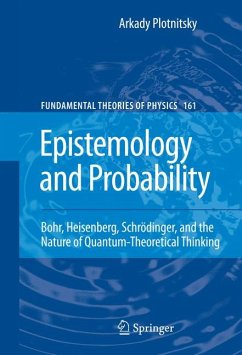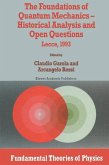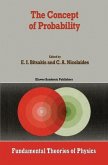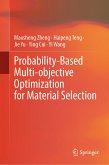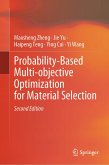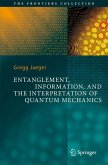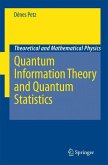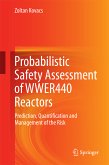Epistemology and Probability aims to contribute to our understanding of quantum mechanics and of the reasons for its extraordinary impact by reconsidering, under the rubric of "nonclassical epistemology," the nature of epistemology and probability, and their relationships in quantum theory. The book brings together the thought of the three figures most responsible for the rise of quantum mechanics-Heisenberg and Schrödinger, on the physical side, and Bohr, on the philosophical side-in order to develop a deeper sense of the physical, mathematical, and philosophical workings of quantum-theoretical thinking. Reciprocally, giving a special emphasis on probability and specifically to the Bayesian concept of probability allows the book to gain new insights into the thought of these figures. The book reconsiders, from this perspective, the Bohr-Einstein debate on the epistemology of quantum physics and, in particular, offers a new treatment of the famous experiment of Einstein, Podolsky, and Rosen (EPR), and of the Bohr-Einstein exchange concerning the subject. It also addresses the relevant aspects of quantum information theory and considers the implications of its epistemological argument for higher-level quantum theories, such as quantum field theory and string and brane theories. One of the main contributions of the book is its analysis of the role ofmathematics in quantum theory and in the thinking of Bohr, Heisenberg, and Schrödinger, in particular an examination of the new (vis-à-vis classical physics and relativity) type of the relationships between mathematics and physics introduced by Heisenberg in the course of his discovery of quantum mechanics.
Although Epistemology and Probability is aimed at physicists, philosophers and historians of science, and graduate and advanced undergraduate students in these fields, it is also written with a broader audience in mind and is accessible to readers unfamiliar with the higher-level mathematics used in quantum theory.
Dieser Download kann aus rechtlichen Gründen nur mit Rechnungsadresse in A, B, BG, CY, CZ, D, DK, EW, E, FIN, F, GR, HR, H, IRL, I, LT, L, LR, M, NL, PL, P, R, S, SLO, SK ausgeliefert werden.
Hinweis: Dieser Artikel kann nur an eine deutsche Lieferadresse ausgeliefert werden.

